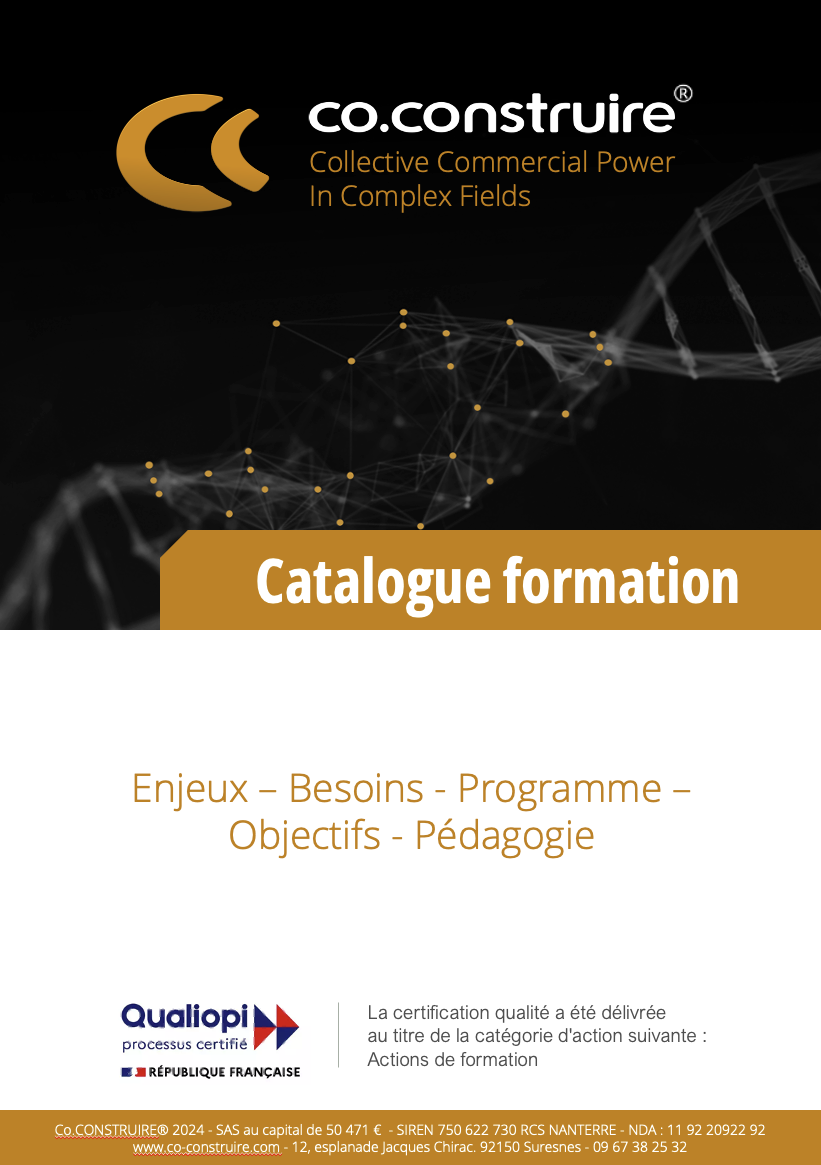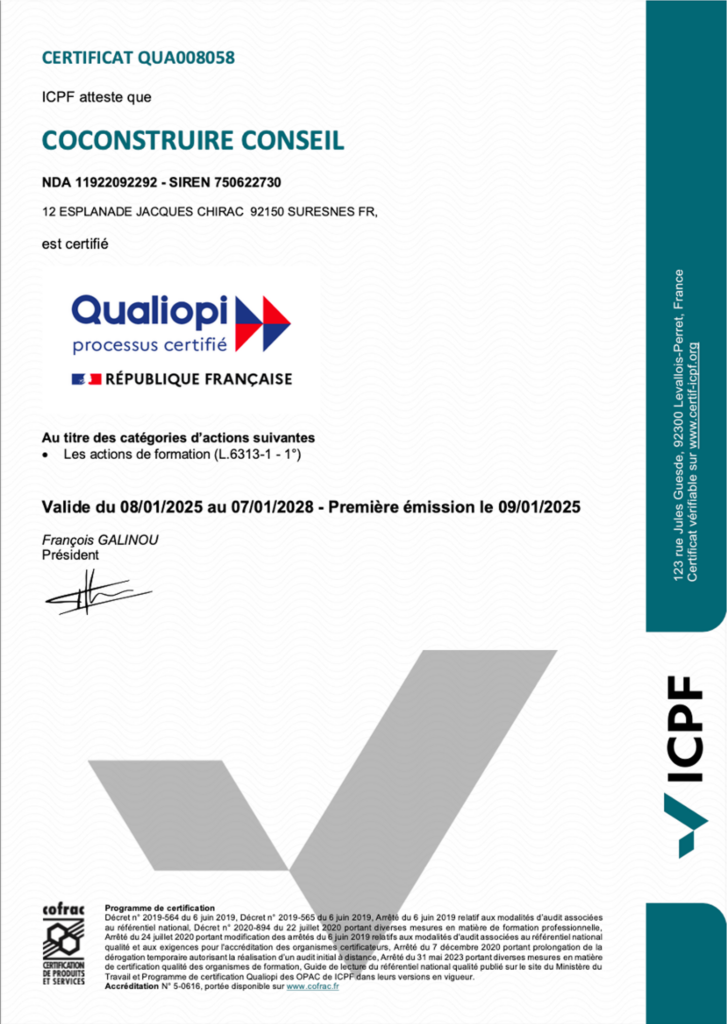Co.CONSTRUIRE® helps B2B companies operating in complex fields to take their commercial strength to the next level.
Training and seminars
Complex Sales & key people Coaching
Sales Transformation Advisory
Complex Fields : Complex areas: Complex services, products, engineering and consultancy, high added value, risk-critical projects and operations, complex customer relationships and internal collaborations, dynamic competition, high technical intensity, demanding political, regulatory and societal dimensions, etc.
Why take the next step?
Among business development training and consultancy firms
Singularity Co.CONSTRUIRE® N°1
Specialist
in complex sales
To succeed in complex business, a whole range of levers must be activated in parallel.
On each lever, Co.CONSTRUIRE® commits all those involved in sales to progress that can be put into practice in the human reality of the company.
Singularity Co.CONSTRUIRE® N°2
Combining training
and business coaching
This combination ensures that we work on concrete issues and turn our support into business results.
immediate and long-term.
Singularity Co.CONSTRUIRE® N°3
Towards more co-construction
with your customers
The companies that win major and complex contracts are those that succeed in co-constructing with their prospects/customers from the very beginning of the tender process and throughout the entire commercial cycle.
Examples of our customers’ challenges
There are many reasons why you may have built your business on a large number of very small deals (e.g. the original culture of the « Technical Assistance » business, or growth through the acquisition of companies with a low average volume per deal, etc.).
Although it has a number of advantages (no business is important and high agility), it also generates major difficulties (low level of value, crushing of margins in the face of strong purchasing departments, difficulty in differentiating, difficulty in amortising the company’s structure and pooling costs).
But to win major projects under the best possible delivery conditions, all the business development forces (sales and technical) will have to be aligned on « selling in complex environments » behaviour and sales methods throughout the sales cycle.
Technically-intensive » companies base their development on their legitimacy, their operational and technical excellence, their capacity for innovation (technologies and processes), and their ability to manage technical, financial and even safety risks.
Their first culture is very often a technical one. This culture is a strategic asset, but it can lead to a lack of commercial performance and customer focus.
Sucked in internally, sometimes to the detriment of the customer’s concerns; More of a « technical response to technical needs » than a value proposition to meet the customer’s business challenges;
Sometimes insufficiently attuned to the customer issues that drive their needs;
Commercial relations with technical decision-makers at customers’ sites and insufficient relations with senior decision-makers;
Sometimes defensive, drawn towards risk management, to the detriment of a fair balance between delivery risk and possible commercial gain.
They can make progress by adopting value-centred attitudes and sales methods that are both commercially effective and perfectly suited to their technical culture.
You offer services and innovations with high added value, but your customers don’t recognise this value, and unfortunately this is reflected in your sales prices.
You have only two options: either you really lower your added value, your R&D, your ingenuity, and you try to maintain your prices to hold your margin, and you seek to succeed like a « commodities » pro, or you enter into a demanding « high value » dynamic and must have your value recognised by your prospects and customers.
But raising the level of perceived value of your activities, as perceived by your customers, will require you to adopt a « value » orientation in your communication with them, to focus more on their business issues upstream of the AO, than on their technical needs, and to implement a « Value Selling » communication and sales model.
You will be developing new offerings and new delivery methods in order to grow or even survive (digitalisation, our services and products, AI, turnaround, more structured managed services, etc.).
But the trajectory is going to be difficult. You know you have to maintain your historic business at the same time.
To succeed, you will need to seek out new « quick wins » that are emblematic of your strategy, and then communicate strongly internally to convince people and spread success.
The old sales model probably also needs to be adapted or supplemented, and you need to be able to make several sales methods coexist, and to select internally, recruit and make successful business developers (synchronised sales and technical managers) with new skills.
You innovate (technologies, including digital, new processes, new business models, etc.), with a « save money » or « make money » focus, or ideally both. But for this to make sense, your customers and prospects must not take 95% of the profit you generate as their own!
But if your way of selling is « cost margins », in other words, if your communication with your customers is based on « how » you do things (with a price), then when your cost goes down, thanks to a relevant innovation for example, your customer will demand the gain and concede a tiny part of it to you.
And in highly innovative companies, particularly on the technical front, the overall mind set may focus more on the « how » than on the « why » and the value for the customer.
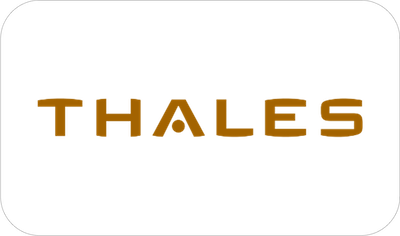
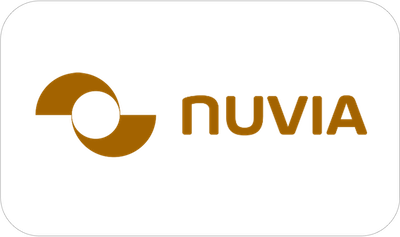

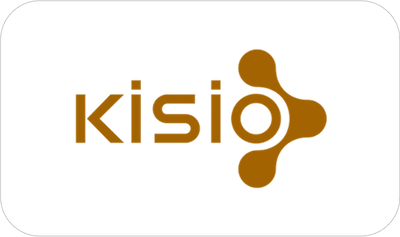



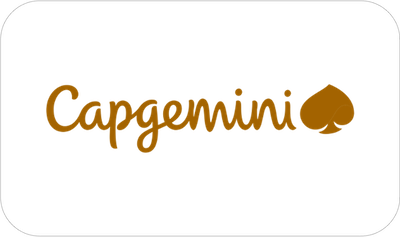
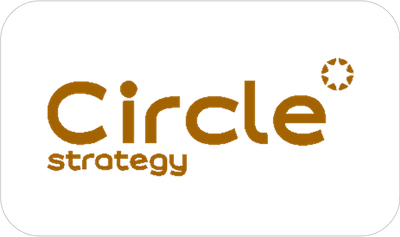
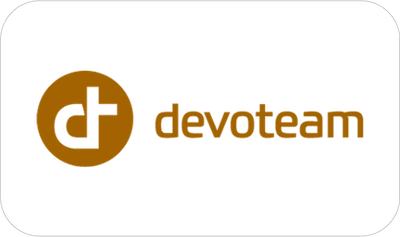
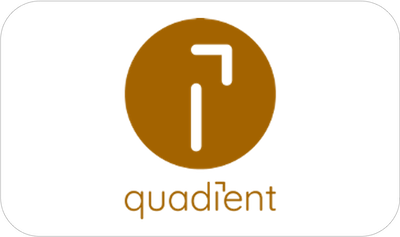

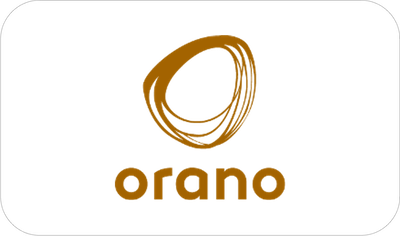
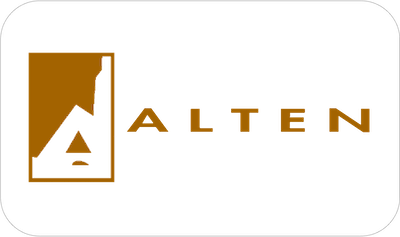
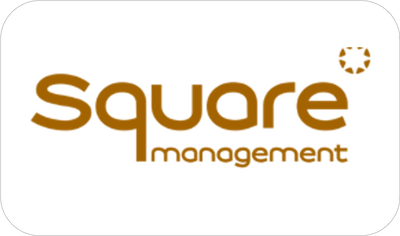
3 Singularities of Co.CONSTRUIRE®
Making progress on all the levers of success for complex sales
Our services are based on the following basic modules
Découvrir les enjeux et l’approche sur chacun des domaines de progrès
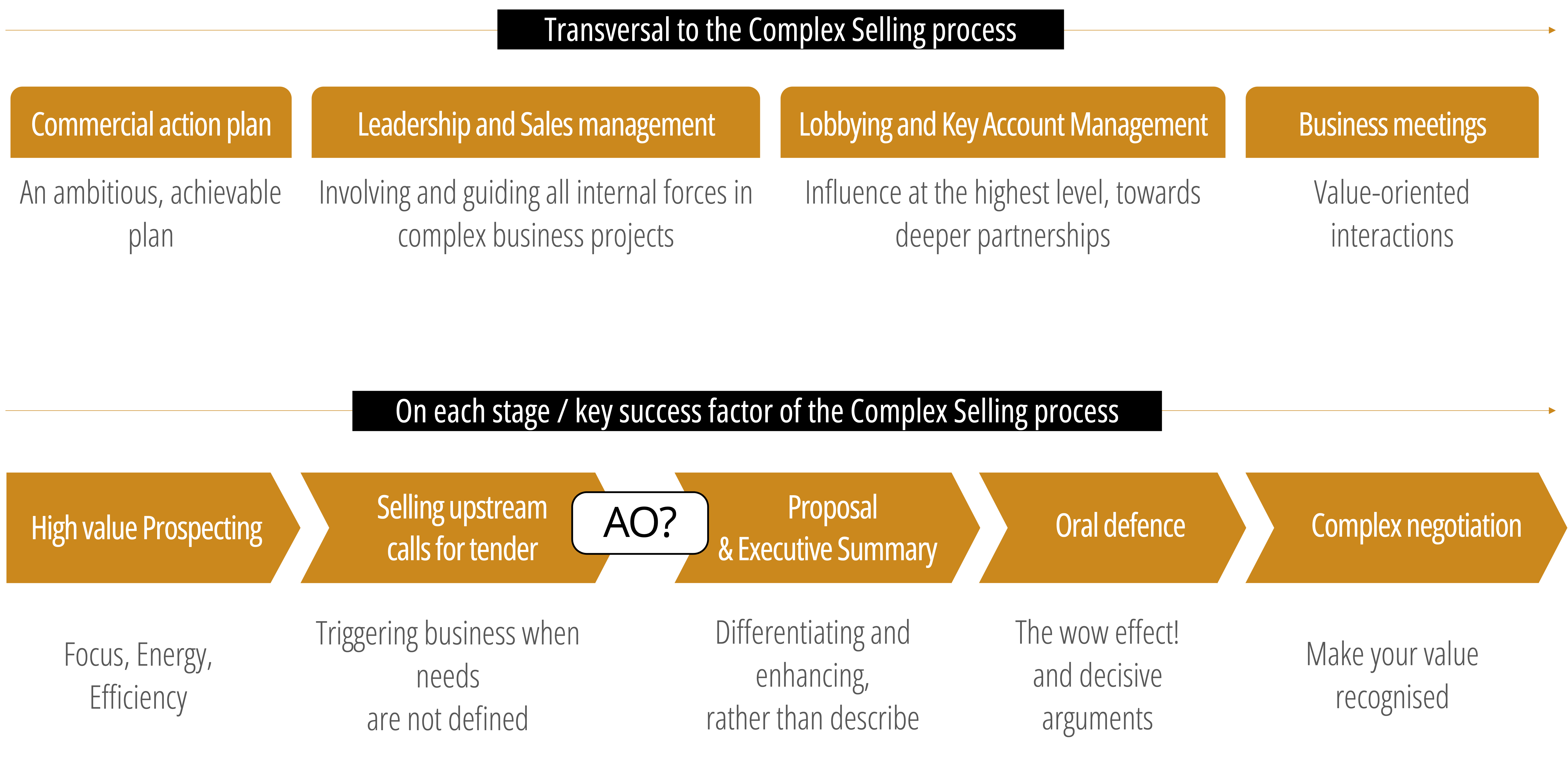
High value Prospecting
Acquire the keys to asserting your legitimacy and making decision-makers want to co-construct with you
Being connected to high-level decision-makers is an essential lever for establishing your legitimacy and leadership, both with your customer and internally within your company. These decision-makers hold strategic information, have the power to trigger action and significantly influence decisions.
Entering their circle of trust enables you to adapt your strategic offerings, trigger and sell major projects and focus your company’s efforts on what’s important.
But these decision-makers are in great demand. They are demanding and have little time. How can you access them, and how quickly can you build trust compared to your competitors?
You will need to master your FEE: what Focus, what energy to maintain over time, what efficiency in your prospecting
Selling upstream of invitations to tender
High-value selling in a complex environment
Major deals structure your business base and make a major contribution to your image in the market.
In the case of new business, it is sales growth and its contribution to margins that are at stake. If major contracts are renewed and lost, the financial and social cost can be high.
But your competitors are just as determined as you are. You will have to work upstream to provide the best added value, work in teams, and stay in contact with the customer over what will probably be a long sales cycle.
How can we listen to the issues at an early stage, when needs are not yet mature? How can we propose a strategic vision that will trigger a new project? It’s mastery of the issues and the relevance of the ideas for resolving them that enable us to promote the highest value and defend our prices as effectively as possible. Getting away from your own habits and technical solutions to really listen to what’s at stake for your customers, your business, your strategic development…
Proposal – RAO & Executive Summary
Differentiating and enhancing, rather than describe.
Business proposal ️ ● Executive Summary ️ ● Oral defence materials
The strength of your sales proposal has a major impact on your sales ratios and contributes to more than 35% of your customer’s decision. By clarifying your added value, you can better defend your prices and therefore your margins.
What’s more, your sales proposals as a whole partly create your company’s image and its value (how many offers do you send out per year?).
Your challenge: to write in such a way as to engage your readers, i.e. to enhance and differentiate your offer.
But designing customised proposals while maintaining a high degree of industrialisation in the drafting process is difficult, particularly for complex proposals drafted by a team.
Conducting impact oral defence
Create the « show » as a team, while providing decisive and lasting rational arguments
The oral presentation is « THE » moment that influences the final decision. A perfect presentation can make up for a mediocre pre-sale, and an average presentation can lose you even when the upstream process was perfect.
This is the moment when your customer sees the credibility and value of your company and your teams.
It’s also the culmination of a costly and intense pre-sales effort.
However, despite the stakes, a lack of anticipation in the face of tight deadlines and a lack of oral power reduce the chances of success.
Complex negotiations
Getting your customer to recognise your value … between cooperation and mastering the balance of power
Your ability to negotiate on critical and complex projects has a direct impact on your results.
Negotiation is THE moment when your customer recognises your value.
The stakes are threefold: 1. will you reach an agreement? 2. On what terms for you (price, operational, functional, risk-taking conditions, etc.)? 3. Will your relationships with your stakeholders deteriorate over the medium and long term?
How can you succeed with long, difficult processes involving multiple players in your company and with your customers or partners?
Will you be able to create a powerful co-construction with your customer despite the necessary legal framework? How can you navigate effectively between power struggles and collaboration?
Leadership and Sales management
Act as a leader in genuine co-construction, with your customers, internally and with your partners
To succeed in complex businesses, the business leader (IA, GAM, Bid Manager, Business Director) must be able to bring on board numerous internal players and external partners. But these players are called upon to work on multiple projects.
If the business leader behaves like an « order giver », failure is guaranteed, with the result that General Management will be over-solicited to arbitrate.
How can the business leader sell the opportunity internally? How can they foster the win spirit and create a team that is truly empowered and committed to the business?
Lobbying et Key Account Management
Strategic influence at the highest level, towards more co-construction to build deeper partnerships
Account management is essential to transform a customer into a genuine long-term partner. How much does this customer mean to you? Probably a lot… How much do you mean to them?
To succeed, you need to be able to generate a genuine, deep and lasting co-construction. Why should your customer agree to co-construct with you when all your competitors are looking for the same thing? Will you be able to invest the right amount of energy on the key issues in your relationship and what to do between issues?
High value business meetings
Value-oriented interactions
Winning major deals requires the ability to mobilise a complex ecosystem of players: customers, your company’s internal staff and partners, at every stage of the sales cycle.
To achieve this, you need to be able to convince people over the long term, and building trust quickly with each of these players, starting with the customer, will be a key factor in the success of the sale.
The timing of the business interview is key.
The difficulties? Getting your interviewee to express their true motivations and constraints. Knowing how to decipher what is important in what they say, or don’t say, expressing yourself so that you can get them on board and really team up with them.
High-Value Prospecting
If your offers are high value-added, you must target strategic decision-makers, not just technical managers.
How should you prepare and act when addressing these leaders—individuals who may not have clearly defined “needs” but likely have strategic challenges to solve?
Selling Upstream of RFPs
Why waiting for RFPs puts you in a difficult position.
How to interact with the right people when no need is yet defined: listen to strategic challenges, promote a vision, and initiate a co-construction process to define those needs together.
RFP Proposal & Executive Summary
How to move from a “technical document with a price tag” to a compelling and differentiating offer.
And for mega-deals, how to build powerful deal marketing that stands out.
Oral Defence
Oral Defence is THE moment that influences the final decision.
How to deliver a « Show » while also providing rational, decisive, and memorable arguments?
Complex Negotiations
Negotiation is a key moment when you must make your client recognize your value.
Mastering the psychological dynamics and complex negotiation strategies:
Balancing collaboration with power dynamics.
Lobbying & Key Account Management
Your strategic client is obviously important to you.
But how important are you to them?
How to engage in high-level strategic influence, aiming for deeper co-construction and more sustainable partnerships?
High-Value Business Meetings
Business meetings span the entire sales cycle in complex, high-value deals.
When operating with high-value offerings and high expectations, what does that imply for your interactions and meetings with all client stakeholders?
Delivery Modes
We help all the players in the business development and Sales to succeed together: sales managers, pre-sales managers and technical managers.
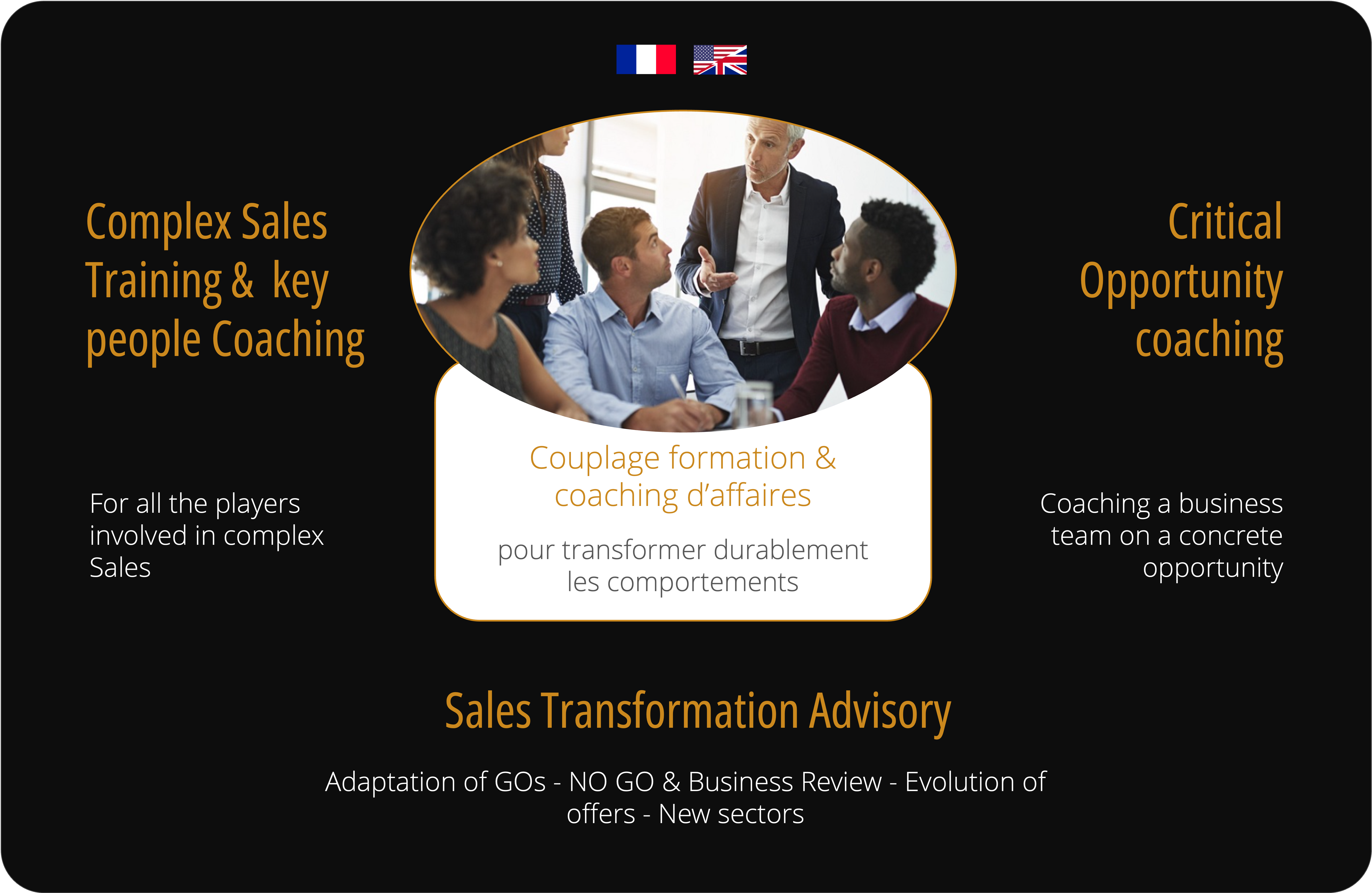
On all the levers of success for complex Sales
For all those
involved in business development: sales and technical managers
Anchor high-level business methods and behaviours
Developing business intelligence as a synchronised team
Creating a collective dynamic
Helping to make the Executive Committee a leading business team and a key player in major deals
Alignment of the Executive Committee with the company’s development strategy and vertical alignment with middle management.
Strengthening the cohesion of the CODIR
Creating a spirit of co-construction within the DirCom, strengthening the sense of responsible proposal aligned withthe global strategy
Coaching a opportunity team on a concrete case to win the real deal
Sale strategy, proposal and executive summary and presentation
Anchor new methods and behaviours based on real-life cases
Supported by training and success guides
Starting a new job, complex situations
Action-oriented coaching: it’s in action that behaviour is revealed and it’s through action that progress is made.
A co-constructive, sparring partner method.
What levers can senior management use to bring about gradual change?
Action on the system, mind-set, processes and key people
Adapting GOs – NO GO & Business Review – Objectives consistent with remuneration plans
Action on middle management
How to work on the future without killing the historic business
Key customers
International groups, SMEs or niche players operating in complex fields. They trust us to help them break new ground in terms of commercial power
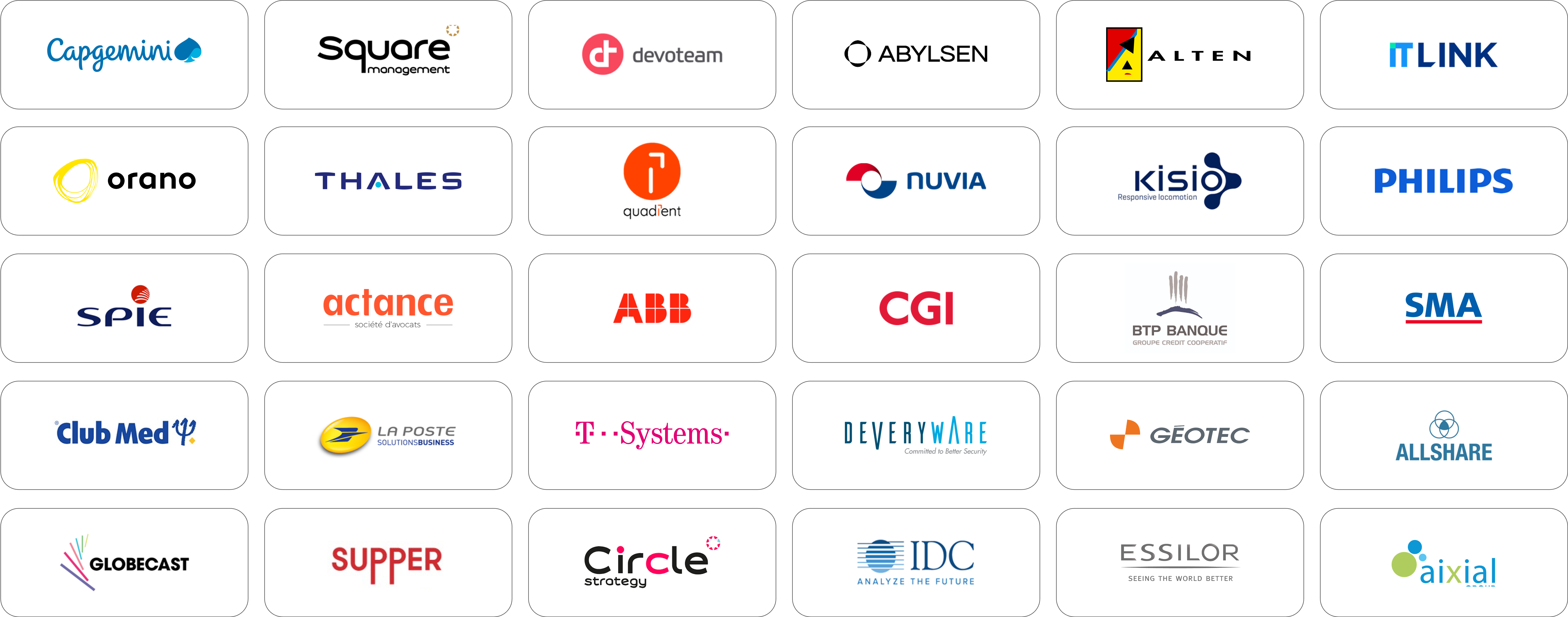
The Co.CONSTRUIRE® team
Bilingual French and English. They work all over the world
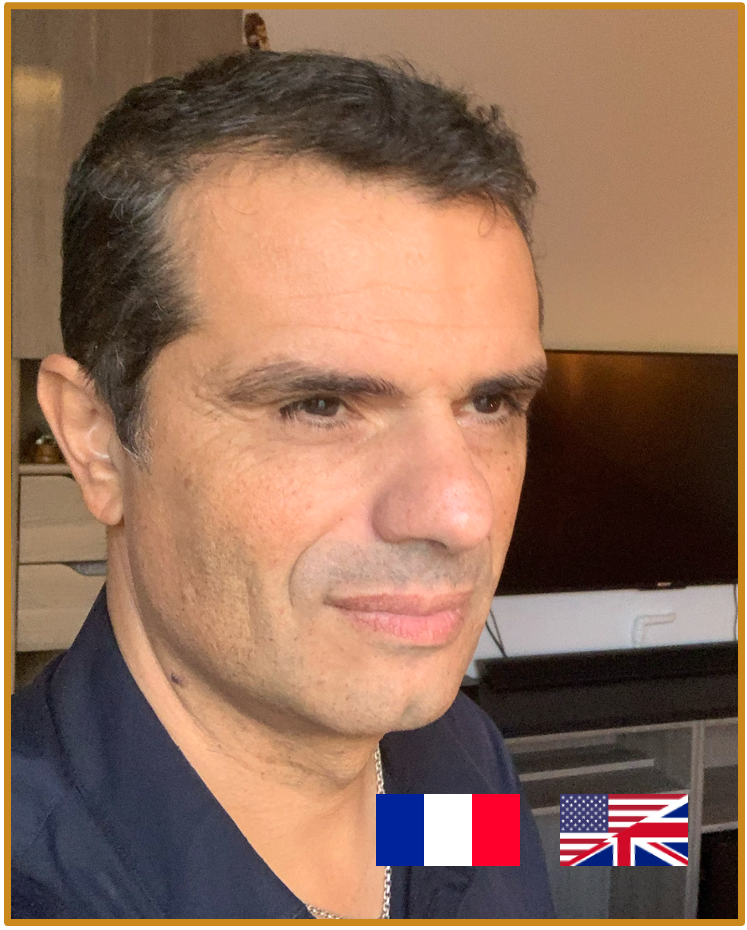
Alain Nifle
Engineer & PHD - Critical support and development of the practice

Neil Liddell
Engineer - Behavioural specialist

Frédéric Lelièvre
Essec - Former CEO ESNs& Excom WavestoneStrategy and growth management

Chloé Laumonier
Sciences Po.Marketing strategy

Jean-Claude Rassou
Engineer & MBA ESSECFormer CEO Motorola Mobilty.Positioning strategies

Yves Blandiaux
Engineer UCLouvain – ComplexSales, high technologies

Bruno Delezenne
Engineer Mines de ParisProcesses and Behaviour

Olivier Toselo
Engineer / DEA Mines de Paris Balance between promoted value and risk

Hubert GazetPartner
ENSEA engineer + HEC MBA - Business complexes
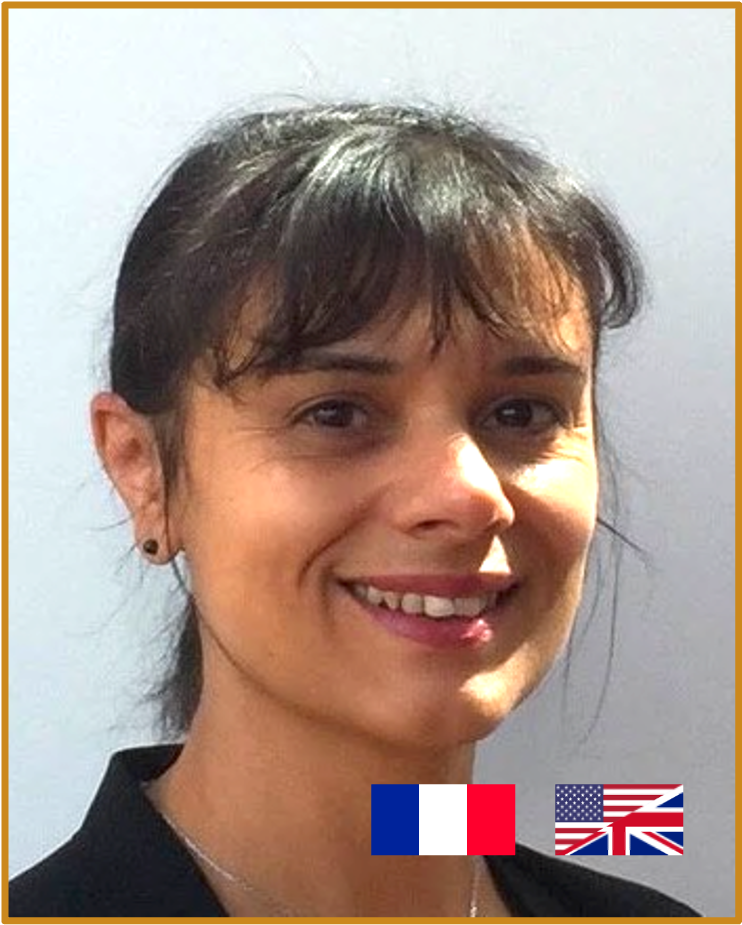
Florence Laher
Coordination& Support
Quality and continuous improvement
Continuous improvement in the quality of our services is a requirement of the firm in order to offer our clients the best possible service over the long term.
It covers everything that contributes to the premium value provided by Co.CONSTRUIRE®: adaptation of the systems, training materials, coaching, seminars, events and deployment, duration, adaptation to needs, teaching methods, style, relevance of the business cases, simulations, etc.
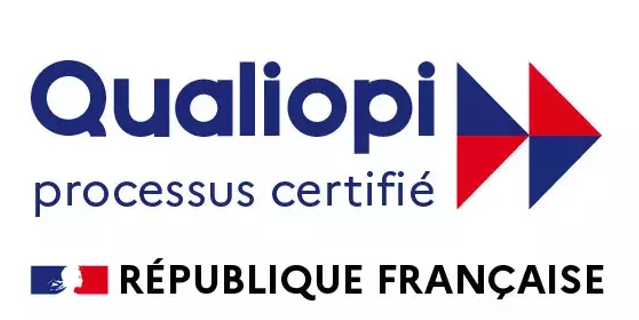
Quality certification has been awarded under the following share category : Training initiatives
Qualiopi certificate
Download
Evaluation – Satisfaction – Results – Price
Attendance and assessment sheets
Co.CONSTRUIRE® ensures the application of the client’s process / workflow for registering participants and the progress and assessment questionnaire, or Co.CONSTRUIRE® provides its own evaluation and attendance sheets.
The customer organises the training logistics
Casting of participants, in accordance with the level groups and prerequisites resulting from upstream coordination with Co.CONSTRUIRE®, definition of the training room and access for participants, accommodation for participants, catering, taking into account participants with disabilities, inviting participants and informing Co.CONSTRUIRE®, paper board, projection system / large screen for projecting the slides of the training material.
Co.CONSTRUIRE® brings its own computer and delivers the training materials (paper and pdf).
Results since the start of the firm’s activity
95% return rate for satisfaction surveys issued by Co.CONSTRUIRE®.
97% « very satisfied » or « satisfied » satisfaction rate
Attendance rate on first day of training: 92% – Training completion rate: 97%.
An average of 9 beneficiaries per training session
Tangible results in terms of increased sales margins for our customers thanks to a combination of training and complex business coaching (references on request).
Contact our major customer partners on request to find out about their overall satisfaction
Taking account of disability
Co.CONSTRUIRE® makes it easier to accommodate participants with disabilities.
The customer is responsible for the logistics of physically welcoming participants (training room, access, equipment included, invitations to participants).
Co.CONSTRUIRE® facilitates the procedure put in place by the client by mobilising the Co.CONSTRUIRE® disability advisor, in coordination with the client’s disability advisor.
Transmitting teaching documents in advance, the need for more regular breaks, adapting materials, adjusting work patterns or the time allowed for handing in assignments, proposing « Audio » summaries in the case of a visual disability, for example.
Co.CONSTRUIRE® is in contact with the network of partners / experts / players in the field of disability AGEFIPH – ILE de France, Ressource Handicap Formation dep. 92 and Réseau Ressource Handicap Formation in all regions of metropolitan France.
Access and prices
Terms and conditions and deadlines for access to training
Whether or not these training sheets correspond to your needs, contact us via our contact page. We’ll arrange a meeting to analyse your needs together: objectives, prerequisites, duration, adaptation to beneficiary profiles (disability, foreign language training, etc.), etc.
Once these elements have been collected, a training proposal/agreement will be drawn up to include the elements (title, location, duration, timetable, fees, etc.).
Co.CONSTRUIRE® will propose dates as soon as possible according to your needs, your availability and that of the trainer. The minimum access time (between the request and the training course) for our products is 15 days.
Distance learning available
Co.CONSTRUIRE® pricing policy
Co.CONSTRUIRE® works exclusively on « in-company » training courses adapted to each context, challenges and needs of our customers, based on this catalogue
Training prices are based on the number of days the consultant-trainer is involved: between €1,800 and €2,600 per day, depending on the seniority and level of expertise of the consultant involved.
Transport and accommodation costs outside the Ile-de-France region are extra.
Contact
Co.CONSTRUIRE® 2024
SAS au capital de 50 471 € – SIREN 750 622 730 RCS NANTERRE – NDA : 11 92 20922 92
12, esplanade Jacques Chirac. 92150 Suresnes – 09 67 38 25 32
